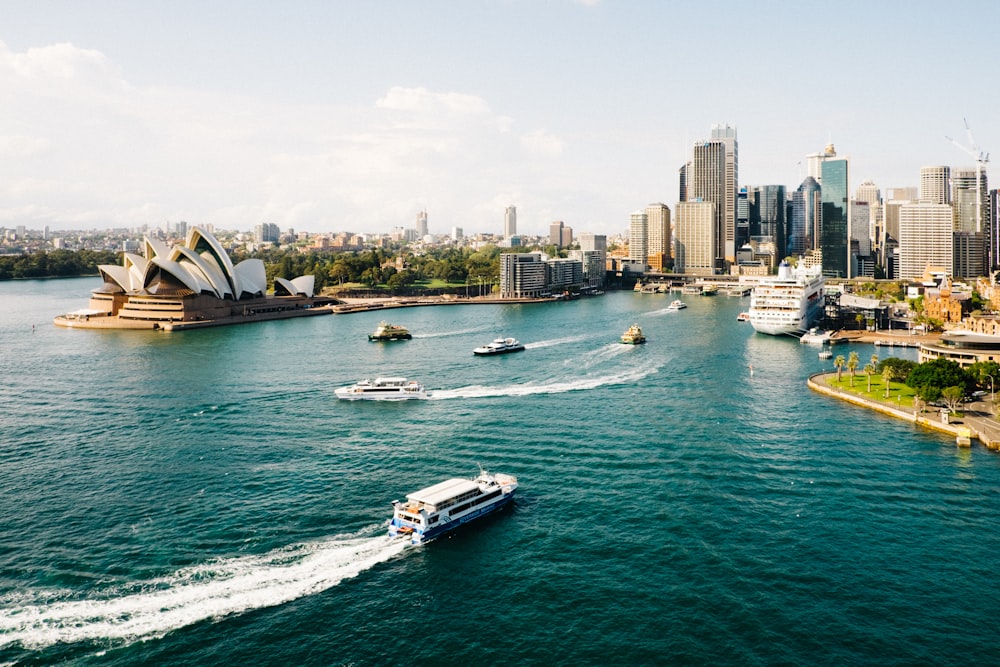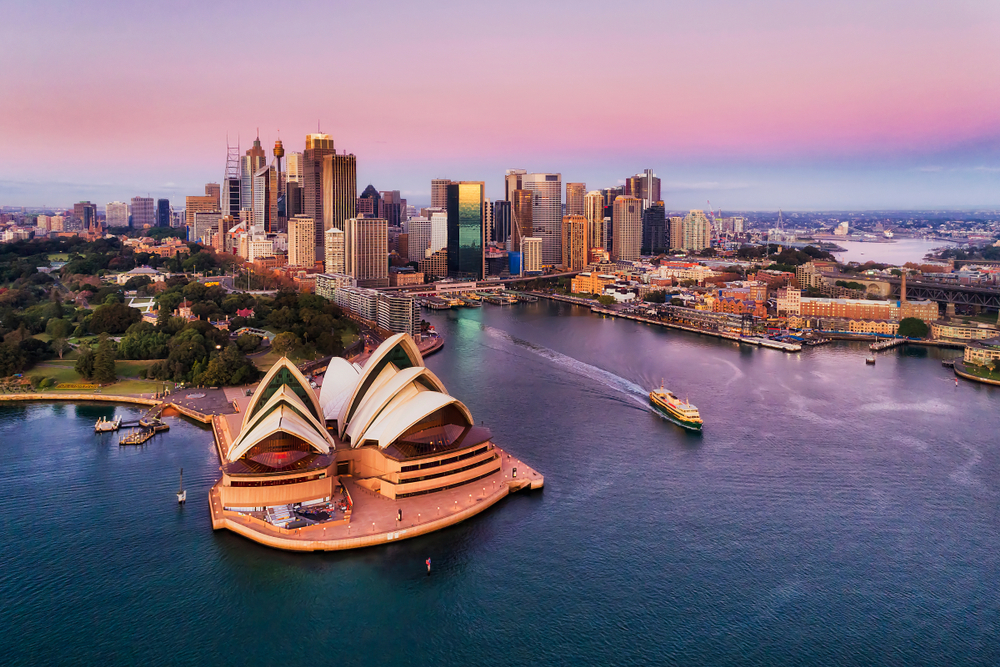Legal issues:
If you are not an Australian citizen or permanent resident, you will most likely need to obtain permission from the Foreign Investment Review Board (FIRB) before you can purchase a property. Once you have applied, the FIRB will give you an answer within 40 days, however they reserve the right to extend this to 130 in exceptional circumstances. You can exchange contracts before you receive approval, however it is important to make sure that the contract is conditional upon receiving approval, otherwise you will be in breach of contract and liable for penalties. finance. This removes you from the ability to buy at an auction (a common practice in Australia), as auctions are made with no conditional terms.

Buying property:
Once you have an Australian property offer accepted, you will exchange contracts immediately. You have a term (usually 5 to 10 days) and the contract will be conditional on some terms (like surveying and mortgage approval), but you’re essentially tied up in the purchase now. and will have to pay a percentage keeping the deposit. Note that the period does not apply if you purchased at an auction.

Besides, if you decide to sell to move into another existing residential property, you will need to reapply for the FIRB – so make sure the first property you buy will fit your future needs.
Finance
If you are planning to migrate to Australia and arrange a mortgage while you are there, you should bring a copy of your credit history. This will make the application process easier, as you are effectively starting over and cannot rely on a good credit history to help gain financing. The vast majority of Australian mortgages are repayment, and there is nothing like a self-certified loan – meaning all mortgage applications must be backed by proof of income. Generally, mortgages are available on an 80% loan-to-value basis, but there are many different types to choose from if you have to pay a down payment on your savings or existing bank account.

Know the fees and taxes involved
As in any country, buying property in Australia is an expensive undertaking – on average you should budget around five per cent of the purchase price to cover the fees involved . This is broken down into the Land Transfer Registration fee, which varies from state to state; legal fees, which typically range from AU$500 to $1,200 (£250 to £600); mortgage application; local taxes, which again vary from state to state; survey, there will be a cost in the region of $500 (£250) and building insurance.

Some states will also require you to have a termite and pest inspection, and if you’re buying an apartment, it’s a good idea to commission a stratigraphic inspection to determine if the entire building has any structural problems. – or are subject to any governance concerns. Australian taxes also vary depending on the state you live in. However, if you spend more than six months in a year in Australia, you are automatically responsible for income tax. Capital gains tax is paid on any property other than your primary residence, but the amount you pay varies depending on your individual circumstances.
Get the necessary visas, residence and work permits
You will find the whole application process easier if you use the services of a professional immigration consultant.
Whatever your reason for visiting Australia, you will need a visa to enter the country – the type will depend on your intentions while there. Visas are divided into four main categories: residency, temporary stay, migration and tourism. An Electronic Travel Authority (ETA) visa allows you to stay in Australia for up to three months, which in some cases can be extended.
If residents are skilled migrants they are entitled to live in Australia for four years, usually after receiving funding. Additionally, the Investor Retirement Visa allows over 55s to stay up to four years by investing more than $500,000 (£250,388) as per Australian government regulations.
Understanding Australia’s Investment Potential
If you’re considering buying in a city, the investment potential in Australia is great. Sydney saw a 50% price increase in 2000 thanks to the Olympic Games, while total growth on the east coast between 1997 and 2003 reached an impressive 112%. Things have calmed down since then, of course, with Brisbane and Melbourne reporting just 3% up in 2018 – and Sydney down 8% since 2003. That hasn’t put investors off, however, as Such massive growth cannot be sustained forever. On the west coast, Perth is still enjoying 15% year-over-year growth.
Consider transportation options
In cities public transport is of a very high standard, with buses, trains and even trams. Taxis are also available, at a relatively low cost. Long-distance buses offer a cheaper alternative to flying, as do interstate trains.
If you are planning to stay in Australia for a while it is advisable to rent, or even buy, a car. This can be an expensive process, given the limited number of cars being imported, but if you’re buying a used car, it’s also a good option. Top Ten IMM

